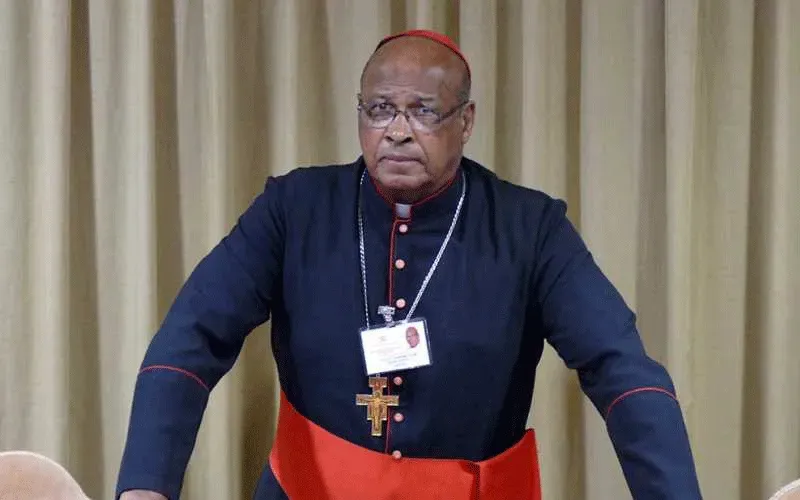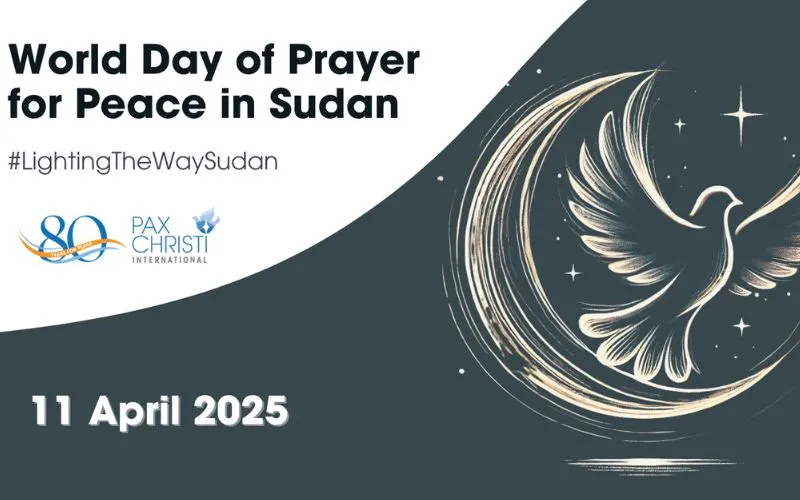The Catholic Church leader who started his Episcopal Ministry in April 1999 as Archbishop of South Africa’s Bloemfontein Archdiocese condemned what he referred to as a new anti-foreigner movement called Dudula (meaning: push them out), which he said had been forged in a cauldron of anti-foreigner sentiment.
The Dudula movement, Archbishop Tlhagale said, is currently trying to spread its presence (or venom) around the country.
He reported that Dudula followers have stood guard at hospitals and institutions of learning in order to prevent migrants without identity documents from accessing medical help or foreign students from entering school premises.
He said that the Dudula movement is driven by an intense dislike for migrants, and explained, “What it does is that it poisons the social environment by constantly bringing up the issue of undocumented foreign nationals who should be deported instead of regularising the stay in South Africa.”
“Besides, the Dudula movement has no mandate to be harassing migrants about their identity documents. They are not an adjunct arm of the South African police. The police ought to be calling Dudula into order. But Dudula is given free rein to harass migrants,” Archbishop Tlhagale said.
(Story continues below)
Meanwhile, the South African Archbishop has acknowledged the contribution of migrants in South Africa, noting that they continue to participate in the development of the country even with little appreciation.
“Migrants from Lesotho, Malawi, and Mozambique have been involved in the mining sector for decades even though they do not have much to show for it,” Archbishop Tlhagale said.
He added, “Migrants bring skills into the economy. Those who run businesses provide employment even to the local people. Many are involved in the informal sector of the economy. The contribution of migrants to the economy is significant.”
According to the Catholic Archbishop who has been at the helm of Johannesburg Archdiocese since his installation in June 2003, migrants bring along with them the passion to succeed, industriousness, cultural diversity, and a sense of openness to the world as opposed to what he described as “a narrow inward-looking nationalism and isolationism”.
He said, “Migrants display a rich cultural diversity in a form of customs, traditions, fashion, music, and the arts.”
“Finally, migrants demonstrate a strong virtue of courage to cross borders and to explore new possibilities in order to enhance their lives,” the Catholic Archbishop observed, adding that the only thing that migrants ask for in return is to be treated with dignity, and to be given a chance to find new opportunities and to live peacefully with their neighbors.
In his remarks at the conference, Bishop Joseph Mary Kizito, the Liaison Bishop for the Migrants and Refugees department of the SACBC, noted that the Bishops’ conference was working with the Department of Home Affairs to find a possible solution for several issues of documentation of migrant Religious and Priests.
Bishop Kizito said that the SACBC Migrants and Refugees department had produced books and articles, and organized various awareness campaigns and training workshops to address the situation of migrants in South Africa.
Agnes Aineah is a Kenyan journalist with a background in digital and newspaper reporting. She holds a Master of Arts in Digital Journalism from the Aga Khan University, Graduate School of Media and Communications and a Bachelor's Degree in Linguistics, Media and Communications from Kenya's Moi University. Agnes currently serves as a journalist for ACI Africa.








